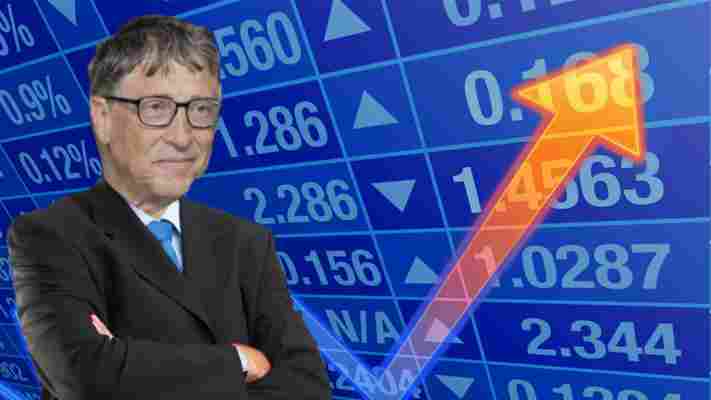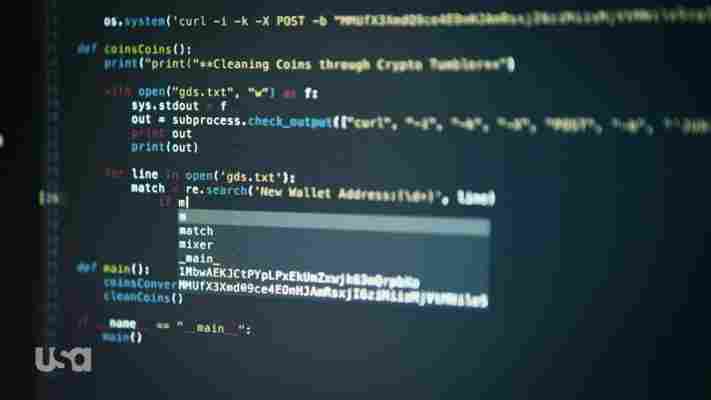In recent years, Chinese companies have been substantially increasing their investments in the European Union. From the vineyards of Bordeaux to robot manufacturers in Germany and construction machinery makers in Italy, these companies have been on a buying spree of unprecedented proportions.

In the EU, the rapid growth has fuelled fears about the impact of these investments on jobs, technology, and Europe’s long-term industrial capacity, sparking calls for more oversight . In this context, some see the investment screening mechanism the EU put in place in 2019 as targeted at Chinese companies.
During the pandemic, growing concerns that vital European technology and know-how could be vulnerable to foreign takeover because of the economic downturn led the European Commission to issue guidelines for its member states. To bring greater clarity to the situation, the EU has negotiated a deal with China – the Comprehensive Agreement on Investment – to replace the current 26 individual country agreements that exist between all individual member states except Ireland.
The agreement is currently blocked for political reasons, following tit for tat sanctions related to the EU’s concerns about human rights violations in Xinjiang province . But the debate on how best to adapt to this new context is unlikely to go away.
Much of what we know about Chinese investment in the EU is anecdotal. In a recent paper , my colleagues and I undertook a thorough analysis of these investments using detailed Chinese data. Our work highlights the great variety of Chinese investments in the EU, in terms of the types of industry and companies involved and different firms’ motivations for investing.
Why China invests in Europe
Our paper is based on a database covering nearly 800 Chinese investments in industrial sectors in Europe between 2006 and 2015.
Chinese companies must declare their overseas investments to the government and these declarations provide valuable information about where they are investing and why. The declarations include the country and industry they invested in and whether the investment involves supporting their sales to Europe, manufacturing goods locally or conducting research and development.
Germany was the top choice for Chinese companies investing in Europe, followed by the UK, Netherlands, and Italy.
Over time, we found that investments for sales have fallen from 70% to less than half of total investments, while research and development and manufacturing have become more important. This shows that the notion that Chinese firms see Europe purely as a market, rather than a base for manufacturing and research, is clearly outdated. Many Chinese firms invest in Europe to produce there.
These types of investments are particularly important for Chinese sectors that already have high levels of investment at home. Firms that invest a lot in production in China tend to do the same in Europe, potentially guaranteeing thousands of European jobs.
The role of the state
Given concerns about the role of the Chinese government in the economy and business, we also looked at whether we could see differences in investment behavior in industries where the state has a stronger role.
We found that sectors, where state-owned enterprises are more predominant, tend to invest in manufacturing and research, while those in sectors identified as “encouraged industries” by the government (a varied group that includes textiles and civil satellites) are more likely to invest in sales.
So domestic government policy does seem to have an impact on the types of investment Chinese firms make in Europe.
We also looked in detail at how various characteristics of Chinese and European industries affected the types of investments made.
In more traditional established European industries and those with high growth rates, such as motor vehicles in the UK and Germany and chemicals in Hungary and the Netherlands, Chinese investors are more motivated by research and development than the market. Investments from high-tech Chinese sectors were more focused on both research and development and manufacturing.
Wine and robots
It is difficult to make generalizations about Chinese investors and why they invest in Europe. The wealthy individual buying a vineyard in France will have very different motivations to the company buying the key German producer of industrial robots.
Even within sectors, there are big differences. My previous work on Chinese investment in the French wine sector found that in some cases the investment was instrumental in moving the vineyards to new levels of growth and internationalization, whereas in others there were significant cultural clashes and management difficulties.
In this varied context, it is difficult to make comprehensive judgments about the extent to which existing and future Chinese investments could be problematic going forward. What’s clear is that the more we know about these and other foreign investments in Europe, the better armed we are to decide whether and how to regulate them.
Article by Louise Curran , Professor of International Business, TBS Business School
This article is republished from The Conversation under a Creative Commons license. Read the original article .
Try to spend Bill Gates’ $116B fortune in this online shopping game
What would you do if you woke up a billionaire? Would you take a whack at solving world hunger? Maybe travel the world? Do something boring like investing? Or maybe just buy an island?

It’s hard to imagine just what you can buy with all that money. But imagine if you had $115.6 billion like Bill Gates . You too would probably think a box of frozen pizza rolls cost $22 , and not $8.
So, let’s spend Bill Gates‘ money. Introducing the web-app that lets you calculate all the different sorts of items you can buy and sell using Microsoft’s co-founder’s cash.
The game lists a bunch of items along with their prices that Bill (you) can buy. You have the choice to buy a luxury bottle of wine ($7,000), a book ($15), a Tesla ($75,000), and an entire cruise ship ($930,000,000).
Remember: This is just your average shopping trip, if you were Bill Gates of course.
First, I’m going to start with just the necessities to get your life off the ground — from an annual Netflix subscription, a car, some clothes, a phone, some land to build my mansion, and a… horse.
This all came to the bargain price of $35,402.
Bitcoin fans spot Mr Robot easter egg, start sending ‘Elliot’ their cryptocurrency
Eagle-eyed cryptocurrency fans spotted a Bitcoin address in USA Network’s Mr Robot and decided to start sending BTC.

In the latest episode, vigilante hacker Elliot Alderson codes a program for “cleaning coins” with a “crypto tumbler.” Presumably, he’s looking to steal some Bitcoin, and wants to cash it out without being caught.


Elliot’s mixer is likely to make tracking Bitcoin more difficult, much like popular BTC solution CoinJoin, which allows multiple users to shuffle coins with each other to hide their history.
These programs have grown in popularity in response to the rise of analytic firms like Elliptic and Chainalysis over the past year.
‘Elliot’ has siphoned some Bitcoin already
In the screenshot above, the auto-complete in Elliot’s programming environment suggests a Bitcoin address: 1MbwAEKJCtPYpLPxEkUmZxwjk63nQrpbXo .
Plugging that address into Blockchainom’s explorer shows it’s been featured in five BTC transactions since the episode aired on November 24.
While the total amount sent to “Elliot” is pretty small, just 0.0044470 BTC ($32), what’s curious is some of that Bitcoin appears to have been siphoned already.
Indeed, whoever controls that Bitcoin address sent a combined 0.00030343 BTC ($2.20) to external addresses two days ago. Curiously, one of those addresses, a “ multi-sig ” wallet, has seen quite a bit of usage.
Over the past few months, that address has received almost 1.5 BTC ($10.9K), and seen 350 transactions. It currently houses 0.94 BTC ($6.8K).
What inspired these Bitcoiners to send money to a fictitious character isn’t really clear. Considering how poorly price of Bitcoin has faired over the past week , let’s just say it’s for good luck.











